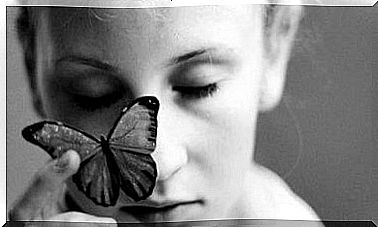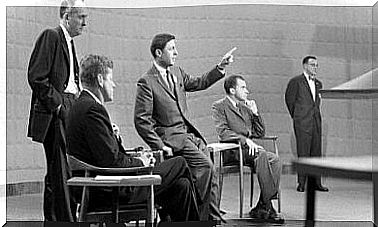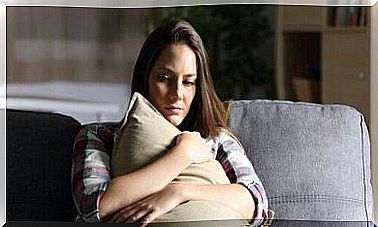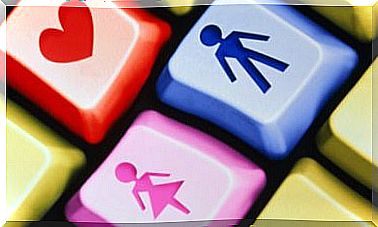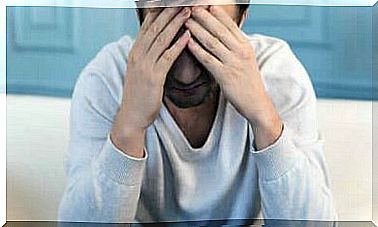No One Has The Right To Judge My Feelings
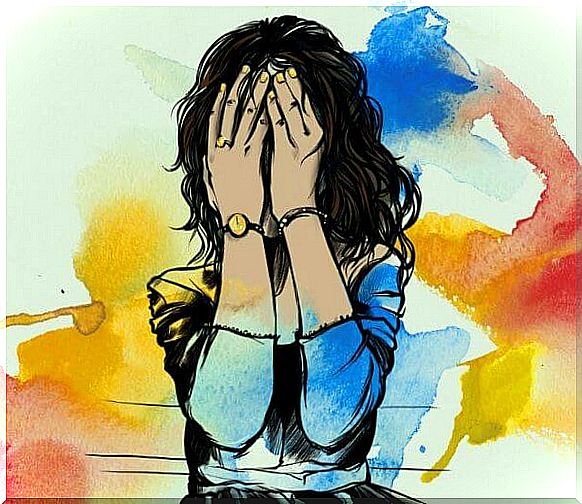
No one has the right to judge my feelings … especially when we have all at some point been sad without tears, and happy in the eyes of tears. We have all at some point tried to live a normal life, even though our hearts are in pieces. And there is nothing wrong with that. But every now and then we find ourselves feeling the opposite of what we “should” feel. That’s when we start to feel guilty.
It’s as if there are a bunch of emotional qualities in certain situations, and they seem to come into use. For example, childbirth is commonly associated with joy. New life, therefore a reason to smile. The nine-month wait is over. Nevertheless, people who have experienced and seen childbirth know that after childbirth, a smile is not always found on a mother’s face.
This same also applies to funerals and death. In Western culture, the loss of a loved one is associated with grief. We understand – logically – tears, serious expressions, and the onset of pain. But this is not the case in all cultures. So maybe that feeling of losing is not as natural as what we have been taught.
For no one has the right to judge our feelings.

Emotions and defense mechanism
Therapists who have helped families who have lost a family member suddenly (such as traffic accidents, natural disasters, terrorist attacks) say most are in shock. The emotional impact is so great that they defend themselves by preventing themselves from feeling anything.
Really, they would like to cry and release everything they contain. But they are unable to get over their defense mechanism, which they themselves have developed for themselves.
You’ve certainly hit your knee at some point in your life at some point, like a corner of a bed or table. It takes a little while before you start to feel the pain after you hit your knee. At that moment, you are preparing mentally for the pain that comes. And in these situations, there is something the same. The blow of loss occurs, but the pain comes only later. Instead, people who experience loss first feel emptiness, emptiness that produces a sense of guilt and fear at the same time.
Another way in which pain is not felt is when we enter a state of denial. Denial of loss automatically eliminates the conscious part of grieving. In that case, the person may start to cry when dropping the plate or being late for an appointment. But this is never the original source of the pain, they just displaced it.
Missing grief, expected feelings
As we said in the example of childbirth, grief is not the only missing feeling when you least expect it. This can also happen with emotions in positive situations. Think, for example, of your dream, for which you have worked terribly and sacrificed immense time. Once you have achieved your dream, you may feel really happy. There is also a chance that you will feel empty, or even sad.
The desire to hide the paradox on which most of the pessimistic philosophy of the 20th century is based. When the desires are satisfied, they either die or diminish.
Let’s look at love. We imagine the eyes of a person in love glistening and merely showing happiness. But this is another reality, which is also quite common. This happy lover is completely stressed out. He finds himself in a stage of glorification where he believes he can only show the best of himself.
This in turn causes a feeling of tension that makes the joy disappear. Joy is then replaced by a feeling of uncertainty, which in turn is hard to bear. Where exactly is he? What exactly is he doing? Does he love me as much as he loved me an hour ago?
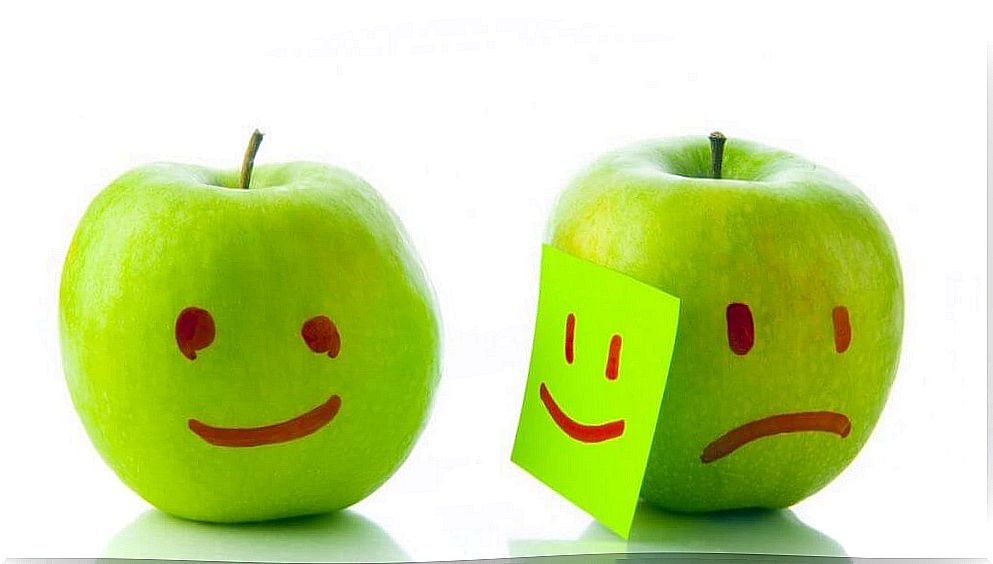
No one has the right to judge us based on our feelings
It wouldn’t matter that there is a discrepancy between what we assume and what we feel if we didn’t feel guilty. If someone does not cry for the loss of a loved one, he or she tends to feel great guilt. A mother who is unable to feel overwhelming joy may also feel guilty.
One at least as damaging addition that we can add to a sense of guilt is that this person does not feel human. He may even think he is a psychopath because he doesn’t feel sad. Or a person “without any emotions”.
Comments about the social environment don’t usually help. There are often several so-called “Alternative mothers” who believe they are wise enough to dictate how a child should be cared for during the first few months. Their help is actually excellent support if that support is well managed. But if this support is poorly maintained, it is like a stone that immerses the mother in the depths of self-esteem.
Depressing guilt
Some may also point us out that we don’t feel sad when we should. This is the case, for example, when someone suffers from losing a loved one. They try to go on with a normal life, but they only hear certain sayings from others like “you said you love him so much and now you’re just partying two days later.” “You didn’t love him as much as I did if you could go to work the very next day.” Such sentences are really unfair and said in a very insensitive way… forgetting that no one has the right to judge how and what we feel.
One way or another, our emotional world is very sensitive to individual and special circumstances. That is, no one has a right, not even ourselves, to judge what we feel. Keep in mind that emotions don’t make us any better or worse. How we sometimes behave is far from a faithful correlation to what we feel. Exactly because of this, the guilt we feel makes no sense.
